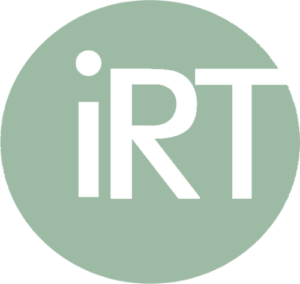Project Venture is an outdoor experiential prevention program designed primarily for 5th- to 8th-grade American Indian youth. The program is designed to foster the development of positive self-concept, effective social interaction skills, a community service ethic, an internal locus of control, and improved decision-making and problem-solving skills. Students participate in classroom-based activities, experiential activities such as camping and hiking, adventure camps and wilderness treks, and community service learning. The overall goal is to develop the social and emotional competence that facilitates youths’ resistance to alcohol, tobacco, and other drug use.
Project Towards No Drug Abuse
Project Towards No Drug Abuse (Project TND) is a school-based prevention program for high school youth. Twelve 40-minute interactive sessions are taught by teachers or health educators, and have been used with both high-risk traditional students across school settings. The curriculum focuses on self-control, communication, and decision-making skills that help teens to resist drug use. Students also learn how to acquire resources to help them resist drug use and develop the motivation to not use. The overall goals are abstinence from alcohol, tobacco, and drug use, as well as reducing the risk of victimization and the frequency of weapons-carrying among students.
Project SUCCESS
Project SUCCESS (Schools Using Coordinated Community Efforts to Strengthen Students) is designed to prevent and reduce substance use among students 12 to 18 years of age. The four-part program includes education about substance use and consequences, school-wide activities to change social norms about substance use, a parent education component, and individual and group counseling for students and parents.
Project ALERT
Project ALERT is a school-based, multimedia prevention program for middle school students that focuses on alcohol, tobacco, and marijuana use. Lesson content focuses on helping students understand the consequences of drug use, recognize the benefits of nonuse, build norms against use, and identify and resist pro-drug pressures. Students engage in small-group activities, http://legacy.nreppadmin.net/ViewIntervention.aspx?id=62 new skills. The overall goals are abstinence from substance use, improved refusal skills, and changed attitudes about alcohol, tobacco, and marijuana use.
PRIME For Life
PRIME for Life (PFL) is a motivational intervention for adults, and has been used primarily among court-referred impaired driving offenders. Trained instructors use multimedia, guided instruction, and motivational interviewing techniques to increase participant motivation to change their perceptions of the risks of drug and alcohol use. The overall goals are to reduce risk of alcoholism or addiction, reduce intention to use substances, and reduce substance use-related crimes or delinquency.
PALS: Prevention through Alternative Learning Styles
Prevention through Alternative Learning Styles (PALS) is a school-based prevention program for middle school students. Teachers or PALS staff members lead students through five units, presented in ten lessons, which cover the following topics: learning styles and differences, effects of alcohol, tobacco, and drugs on the brain and body, peer pressure, and healthy choices. A supplemental website provides additional lessons and a peer mentoring program with interaction games and presentations. The overall goals are (1) reducing intentions to use substances, (2) increasing students’ use of refusal skills, and (3) enhancing students’ knowledge of the effects of ATOD, peer pressure and healthy decision-making, and different learning styles.
